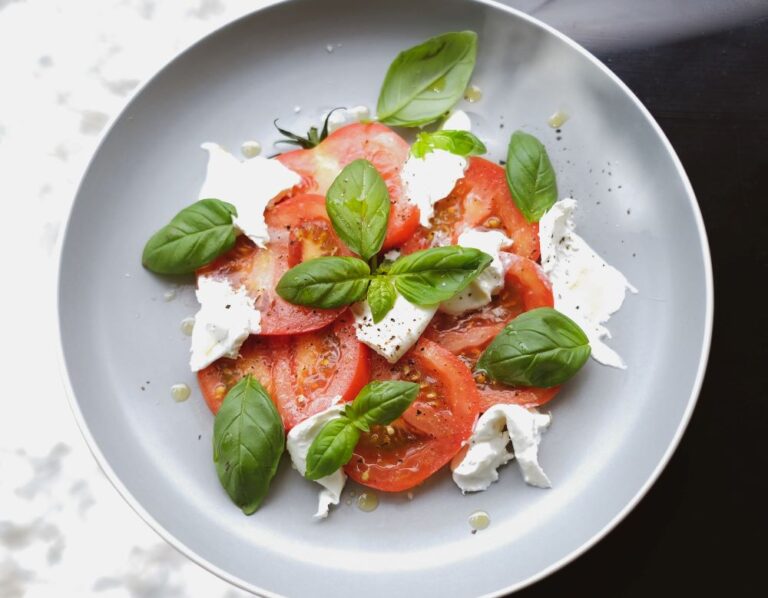Who Is a Friend?
When you ask people who a friend is, they’ll give you a variety of answers. Some will provide simple answers that include the qualities they believe a friend should have, such as being supportive, loyal, kind, loving, caring, trustworthy, respectful, reliable, and so forth. While others are quick to go philosophical with quotes like “a friend is someone who sticks closer than a brother,” or the more common “a friend in need is a friend indeed.”
The question, however, is why are friendships important and how do we build meaningful ones? Cultivating meaningful friendships goes beyond the various qualities that a friend should possess to understanding its purpose.
Friendships can be developed easily as well as gradually. However, building meaningful friendship takes effort and commitment from all parties involved.
Here are some keys to help cultivate meaningful and long-lasting friendships.
Be Intentional
Generally, being intentional about what you want out of life will help your relationships including your friendships. Intent aids growth and mutual understanding for everyone involved. Ensuring that your friends know who you are and your values and vice versa will produce a perfect understanding of what the friendship is about. Establishing your intentions for wanting to cultivate friendships will help you quickly align its purpose with your needs.
Define Your Roles
This key point might sound technical and even contradictory, especially for people who believe that a friend should be available for all seasons. But in all honesty, can we categorically state that any of our relationships have soared without defined roles? Every relationship benefits from this one principle, except for friendships where we expect one person to take on the role of a hundred people. If we have defined roles for our blood family or romantic relationships, why can’t we apply the same principle in our friendships? Identifying your strengths and weaknesses as a person, and the level to which you’re able to go for the next person is vital to the life of your friendship. Through defining each friend’s role, a better understanding amongst friends is achieved.
Avoid Unrealistic Expectations
One of the ways to cultivate meaningful friendships is by ensuring that you’ve not made your friends your personal property to access at all times. Friends are first humans with their own lives. As loyal, supportive, and useful as a friend is, they cannot always be available to you. Expecting that from a friend is not only selfish and unfair, but one of the easiest ways to lose one. Rather than having that one friend you run to with all of your life issues, which oftentimes leads to friendship burnout (yes, it’s a thing), it’s best to cultivate several meaningful friendships. That way, needs are met, and mutual respect is maintained.
A friend is no less a friend just because they couldn’t meet a specific need you unduly expected of them, without first establishing their capability to meet them.
Have and Respect Boundaries
To cultivate meaningful friendships and maintain it over years, having and respecting boundaries is vital. Even though we love our friends and want to be there for them at all times and vice versa, we need to understand that they have their own lives to live and to respect that. You will have much more peace knowing this and accepting the outcome of life situations.
Add Value
Having established the inexhaustible qualities and principles among friends, plus identifying weaknesses and strengths to help define roles, the one key vital to cultivating meaningful friendships besides mutual understanding is to add value to our friend’s lives. This can be done at no specific level or defined capacity. This is paramount to meaningful friendship cultivation. What this key simply implies is that our friend’s lives are better off as a result of our being in it. Even with the understanding that no one friend can be everything to us, and likewise us to them, and that is okay.
Chinenye Emezie | Assistant Editor










